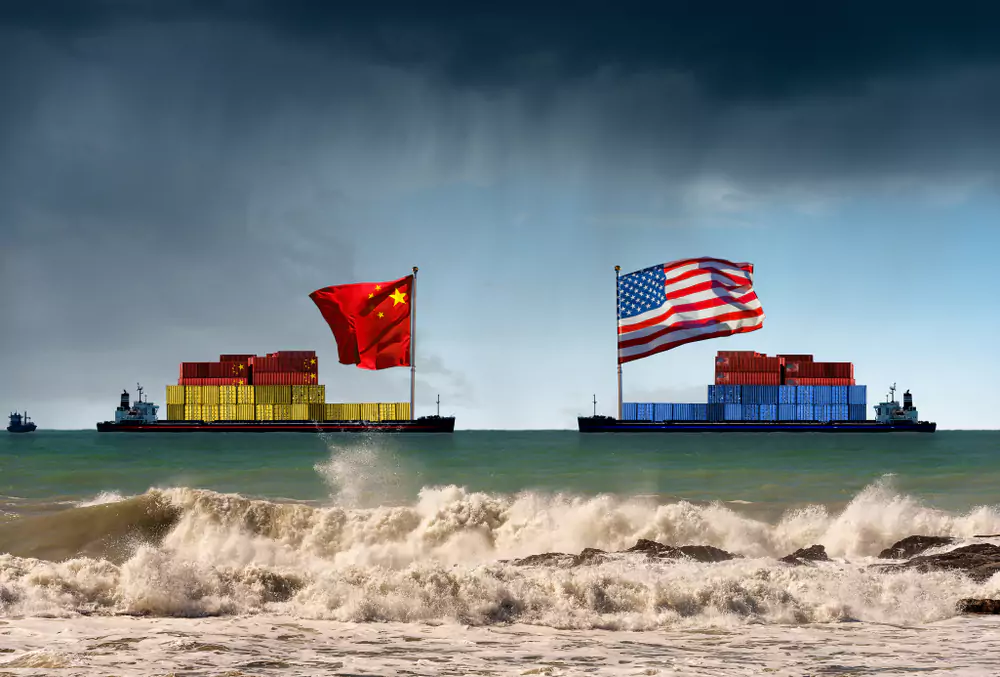The effects of the US-China tariff battle on Australia, plus more updates

For PropertyGuru’s news roundup, find out what the US-China tariff battle means for Australia. In other headlines, the Hotel Operators’ Sentiment Survey (HOSS) analyses sentiment from hotel General Managers in the APAC region on the year ahead. Lastly, Filipinos have improved in disaster preparedness, but more needs to be done to make the Philippines more resilient to disasters.
What does the US-China tariff battle mean for Australia? – Ray White
US tariffs on Chinese imports began on 4th February, with a 10 percent duty imposed on all goods. China immediately hit back with their tariffs, placing 15 percent on coal and liquefied natural gas imports from the US. China will also charge 10 percent higher duties on American crude oil, farm equipment, and certain cars and trucks while putting in place export controls on certain products related to critical minerals. According to The Real Estate Conversation, the escalation in the tariff battle is not great news for Australia’s inflation outlook. Even more concerning is that even though the RBA will need to increase interest rates as a result, it is likely to have a minimal impact on the fundamental cause of the inflation increase.
APAC Hotel Operators’ Sentiment Survey 2024-2025
Launched in 2023, JLL’s Hotel Operators’ Sentiment Survey (HOSS) analyses sentiment from hotel General Managers on the year ahead to get a view ‘on the ground’ from an operations perspective. With uncertainties still lying ahead in the immediate/near term, collecting feedback from hotel operators themselves strengthens JLL’s understanding of the market, complementing our understanding of the dynamics from an investor perspective.
More work needed amid improvement in PH disaster preparedness
Filipinos have improved in disaster preparedness, especially in the use of hazard assessment tools, but more needs to be done to make the Philippines more resilient to disasters, Office of Civil Defense (OCD) administrator Ariel Nepomuceno said on 4th February. “We have seen improvements, specifically on the use of scientific data with Hazard Hunter or Geohazard maps,” Nepomuceno said in a statement. The hazard assessment tools are crucial in enabling people to make informed decisions in preparing for or mitigating disasters, Nepomuceno said in PNA. These tools are needed as around 20 typhoons visit the Philippines annually alongside the risk of earthquakes and volcanic eruptions. “With these platforms, the people already know the hazards in their specified locations. We are equipping them with knowledge on the dangers they are facing—whether these are flood-prone, landslide-prone, and the like,” he said.
The Property Report editors wrote this article. For more information, email: [email protected].
Recommended
6 green real estate projects reshaping Asia’s future
Developers are being incentivised to push a green agenda into daring new realms
ARES White Paper Volume 3: The era of adaptive reinvention
Pioneering sustainable and innovative practices in urban development
ARES White Paper Volume 2: Unravelling the power of data revolution in real estate
Insights on proptech, smart cities, and sustainable development
ARES Digital White Paper Volume 1: The fundamentals of responsible building
Green and climate heroes join forces to discuss how Asia Pacific can weather the current environmental crises and the looming effects of climate change






